- Overview
- Trip Outline
- Trip Includes
- Trip Excludes
- Gallery
- Reviews
- FAQ
This unforgettable 13-day Kenyan adventure caters specifically to travelers with disabilities, offering a fully accessible exploration of the country's most breathtaking landscapes and wildlife.
This 13-day Kenyan adventure for travelers with disabilities offers a mix of wildlife exploration and beach relaxation. You'll start by visiting the Ol Pejeta Conservancy to see chimpanzees and endangered rhinos, before embarking on exciting game drives in the Masai Mara National Reserve. After spotting lions, elephants, and other animals, unwind on the beautiful beaches of Diani with swimming, snorkeling, or simply soaking up the sun.
The trip includes accessible accommodations, transportation, and game drives, along with meals and park fees. You'll have the opportunity to learn about conservation efforts and immerse yourself in the stunning Kenyan landscape.
Itineraries
Day 1
Arrival in Nairobi
A friendly representative from Umani Bliss Safaris will welcome you at Jomo Kenyatta International Airport and whisk you away to your accessible hotel in Nairobi.
(Optional Activity): Explore Kenya's capital city, Nairobi, on a half-day excursion (payable on-site).
(Meals): Breakfast included. (Accommodation): Hilton Garden Inn Nairobi Airport (accessible room)
Day 2
Nairobi - Ol Pejeta Conservancy
Embark on a scenic journey to the Ol Pejeta Conservancy, nestled between Mount Kenya and the Aberdare mountains. This sanctuary offers a variety of accessible activities, from lion-tracking adventures to observing chimpanzees at the Sweetwaters Chimpanzee Sanctuary, the only chimpanzee rehabilitation facility in Kenya. Learn about the vital conservation efforts for endangered species like southern white rhinos and black rhinos at the Ol Pejeta Endangered Species Boma.
(Meals): Full Board (breakfast, lunch, and dinner) (Accommodation): Sweetwaters Tented Camp (accessible room) or similar
Day 3
Full Day at Ol Pejeta Conservancy
Choose your adventure! Enjoy early morning and evening game drives in specially adapted vehicles, or work with your professional guide to tailor activities based on your interests. Explore further with optional night game drives, horseback riding (with assistance available), lion tracking, or visiting the Morani (young Maasai warriors) and even feeding a black rhino (with proper safety measures in place). Take advantage of a visit to the chimpanzee sanctuary to learn more about these fascinating creatures. Relax by the watering holes and observe diverse wildlife as they come for a drink.
(Meals): Full Board (breakfast, lunch, and dinner) (Accommodation): Sweetwaters Tented Camp (accessible room) or similar
Day 4
Ol Pejeta Conservancy - Lake Naivasha
After breakfast, travel to the beautiful Lake Naivasha, a freshwater lake within the Great Rift Valley. Settle into your accessible lodge and enjoy the afternoon at your leisure. (Optional Activity): Embark on a boat excursion on the lake (additional cost of $30 USD).
(Meals): Full Board (breakfast, lunch, and dinner) (Accommodation): Naivasha Sopa Lodge (accessible room) - Full Board
Day 5
Lake Naivasha - Masai Mara National Reserve
Fuel up for an exciting journey as you depart for the world-renowned Masai Mara National Reserve. Enjoy the scenic drive past the Great Rift Valley escarpment and the Suswa plains before arriving at your camp in the Mara. Savor a delicious lunch and then head out on your first game drive in the vast savanna.
(Meals): Full Board (breakfast, lunch, and dinner) (Accommodation): Sarova Mara Camp (accessible room) or similar
Day 6 & 7
Full Days in Masai Mara National Reserve
These dedicated days are yours to witness the wonders of the Masai Mara! Embark on full-day game drives, searching for the Big Five (lion, leopard, elephant, rhino, and buffalo) and countless other animals that call this ecosystem home. Return to your comfortable and accessible camp in the afternoons, where you can relax and share stories about the day's sightings.
(Meals): Full Board (breakfast, lunch, and dinner) (Accommodation): Sarova Mara Camp (accessible room) or similar
Day 8
Masai Mara - Nairobi - Diani Beach
Enjoy a leisurely breakfast before departing for Nairobi. Upon arrival, you'll be transferred to Jomo Kenyatta International Airport for your flight to Diani Beach. A representative will greet you at your destination and take you to your beachfront hotel.
(Accommodation): Leopard Beach Resort & Spa (accessible room) or similar
Days 9 - 12
Diani Beach Paradise
Indulge in four blissful days at Diani Beach! This captivating seaside haven offers a variety of activities to create unforgettable memories.
Thrilling Watersports: Challenge yourself with exhilarating water activities like surfing and kayaking.
Unforgettable Marine Encounters: Embark on a thrilling whale and dolphin-watching excursion, or explore the vibrant underwater world on a glass-bottom boat tour.
Shopping Delights: Discover unique treasures at local shops and immerse yourself in the vibrant Kenyan culture.
Relaxation and Sunbathing: Soak up the sun on the pristine golden sands and unwind with the calming rhythm of the waves.
(Meals): Half Board (breakfast and dinner included) (Accommodation): Leopard Beach Resort & Spa (accessible room) or similar
Day 13
Farewell to Kenya
Savor a delicious breakfast before transferring to Mombasa International Airport for your departing flight home. You have the flexibility to book your flight from either Mombasa or Nairobi, whichever best suits your travel plans.
- Meet and greet services upon arrival
- Game drives conducted in a 4x4 safari jeep
- Meals and accommodation as specified in the itinerary
- AMREF Flying Doctors evacuation cover (medical emergency evacuation service)
- Park entrance fees and government charges
- Services of an English-speaking driver guide
- Visas, international flights, and airport taxes (payable directly by clients)
- Driver-guide gratuities (optional)
- Drinks, dining room tips, and porterage services
- Personal travel insurance, baggage fees, and medical insurance (beyond AMREF evacuation cover)
- Telephone charges, laundry services, and any items of a personal nature
KENYA
The best time to visit Kenya depends on your preferences and the specific experiences you are seeking. Generally, the dry seasons of January to March and July to October are considered the best times for wildlife viewing in Kenya. During these months, the weather is usually warm and dry, and the vegetation is less dense, making it easier to spot animals.
The Great Wildebeest Migration, one of Africa’s most spectacular wildlife events, occurs in the Masai Mara between July and October. This period attracts a large number of visitors who come to witness the dramatic river crossings.
If you’re interested in birdwatching, November to April is a great time to visit Kenya, as migratory bird species are present, and the birdlife is abundant.
It’s worth noting that Kenya’s climate varies across different regions and altitude levels. Coastal areas tend to have a tropical climate, while highland regions, such as Nairobi and Mount Kenya, have milder temperatures year-round.
Ultimately, the best time to visit Kenya depends on your preferences, the specific activities you wish to engage in, and the wildlife or natural phenomena you want to witness.
TANZANIA
The best time to visit Tanzania depends on the specific regions and experiences you are seeking. Tanzania has diverse ecosystems and a range of climates, so the ideal time to visit can vary.
For wildlife viewing, the dry season from June to October is generally considered the best time. During this period, animals gather around water sources, and vegetation is less dense, making it easier to spot wildlife in national parks like Serengeti and Ngorongoro Crater. The Great Wildebeest Migration, where millions of wildebeest and zebras move between Tanzania and Kenya, typically occurs from November to August, with specific timing varying each year.
If you’re interested in birdwatching, the wet season from November to April is the prime time as migratory bird species are present, and the birdlife is abundant.
It’s important to note that Tanzania’s climate can vary from coastal regions to highland areas. Coastal regions, such as Zanzibar, have a tropical climate with hot and humid conditions year-round. In contrast, the highlands, including Mount Kilimanjaro and the Southern Highlands, can be cooler, especially at higher altitudes.
On Kenya side we operate our safaris using 4×4 Safari vans and 4×4 Safari land Cruisers.
For transfers we may use tourist buses or small vehicles licensed to carry tourists. All our Safari vehicles are well maintained, and our driver guides are professionals with relevant certifications and lisences
As you embark on your upcoming travel adventures, we would like to emphasize the importance of obtaining travel insurance. While we hope that your journey is smooth and free of any unforeseen events, having adequate travel insurance provides you with peace of mind and financial protection in case of unexpected circumstances.
Here are a few key points to consider when it comes to travel insurance:
Medical Emergencies: Travel insurance ensures that you have access to medical assistance and coverage in case of illness or injury during your trip. This includes medical evacuation if necessary, which can be costly without insurance.
Trip Cancellation or Interruption: Life is unpredictable, and sometimes plans need to be altered or canceled. Travel insurance can provide reimbursement for non-refundable expenses if your trip is canceled or cut short due to covered reasons, such as illness, injury, or unforeseen events.
Lost or Delayed Luggage: It’s not uncommon for luggage to be lost or delayed during travel. With travel insurance, you can receive compensation for necessary items you may need while your luggage is being located or replaced.
Travel Delays or Missed Connections: Travel insurance can offer coverage for additional expenses incurred due to significant travel delays or missed connections, such as accommodation, meals, or transportation arrangements.
Emergency Assistance: Having travel insurance means having access to 24/7 emergency assistance services. These services can help with issues like lost passports, emergency cash transfers, or providing information and support during critical situations.
Before purchasing travel insurance, carefully review the policy coverage, limitations, and any exclusions that may apply. It’s essential to choose a policy that suits your specific travel needs and consider any pre-existing medical conditions that might require additional coverage.
Remember, travel insurance is an investment in your peace of mind and can protect you from significant financial burdens during your journey. We highly recommend obtaining travel insurance and encourage you to reach out to our team if you have any questions or require assistance in finding a suitable insurance provider.
Wishing you safe and enjoyable travels!
When preparing for an African safari, it’s essential to pack wisely to ensure a comfortable and enjoyable experience. Here is a list of items to consider including in your safari packing list:
Clothing:
Lightweight, breathable, and neutral-colored clothing (long-sleeved shirts and pants) for sun protection and to ward off insects.
A warm layer or jacket for early morning and evening game drives when temperatures can be cooler.
Comfortable walking shoes or hiking boots for bush walks or nature trails.
A wide-brimmed hat, sunglasses, and a lightweight scarf or bandana for sun protection.
Swimwear if your safari includes a beach or pool visit.
Safari Gear:
Binoculars for wildlife viewing.
Camera with extra batteries, memory cards, and a lens suitable for wildlife photography.
A small daypack or camera bag to carry your essentials during game drives or walks.
A waterproof and dustproof bag or cover for your camera equipment.
A power bank to keep your electronic devices charged.
Personal Essentials:
Insect repellent with high DEET content to protect against mosquitoes and other insects.
Sunscreen with a high SPF to shield your skin from the sun’s harmful rays.
Medications and personal toiletries (including any prescription medications you require).
Hand sanitizer and wet wipes for hygiene purposes.
A small first aid kit with basic medical supplies.
Miscellaneous:
Travel adapters and chargers for electronic devices.
A headlamp or flashlight for evening activities or power outages.
Travel documents, including your passport, visa, and travel insurance details.
A lightweight and collapsible water bottle to stay hydrated.
Cash and/or credit cards for gratuities, souvenirs, or additional expenses.
Remember to pack light and efficiently, as luggage space may be limited, especially if you are flying between safari destinations. Check with your safari operator or accommodation provider for any specific packing recommendations or restrictions.
Additionally, it’s advisable to familiarize yourself with the weather conditions and cultural norms of the specific regions you will be visiting to ensure you pack accordingly.
Safe travels and enjoy your African safari adventure
To obtain a Kenya visa, you can follow these steps:
1. Determine the type of visa you need: Kenya offers different types of visas, including tourist visas, business visas, and transit visas. Determine the appropriate visa category based on the purpose of your visit.
2. Online Application: Visit the official website of the Kenya eVisa portal (https://www.evisa.go.ke/) and create an account. Fill out the online application form with accurate and up-to-date information. You will need to provide details such as your personal information, passport details, travel itinerary, and contact information.
3. Upload Required Documents: Scan and upload the necessary documents as specified on the application form. These typically include a copy of your passport biodata page, a recent passport-sized photograph, and any additional documents specific to your visa category.
4. Pay the Visa Fee: Process the payment for the visa fee online using a valid credit or debit card. The fee will depend on the visa type and duration of stay.
5. Submit Application: Review your application to ensure all information is accurate and complete. Submit the application online through the eVisa portal.
6. Receive eVisa Approval: After submitting the application, you will receive an email notification acknowledging receipt of your application. The processing time for the visa is usually within a few business days, but it can vary. Once approved, you will receive an eVisa approval letter via email.
7. Print the eVisa Approval: Print a copy of the eVisa approval letter to carry with you during your travel. You will be required to present it upon arrival in Kenya.
8. Arrival in Kenya: Upon arrival at a Kenyan port of entry (airport or border crossing), present your passport, printed eVisa approval letter, and any other required documentation to the immigration officials for verification. They will stamp your passport with the visa, granting you entry into the country.
Note: It’s important to check the latest visa requirements and application procedures as they may change. It’s advisable to apply for the visa well in advance of your planned travel dates to allow for any processing delays.
If you have any specific questions or concerns regarding the visa application process, it’s recommended to contact the nearest Kenyan embassy or consulate or consult with a professional visa service for guidance.
To obtain a Tanzania visa, you can follow the steps outlined below:
1. Determine the type of visa you need: Tanzania offers various types of visas, including tourist visas, business visas, and transit visas. Identify the appropriate visa category based on the purpose of your visit.
2. Check visa requirements: Visit the official website of the Tanzanian Embassy or Consulate in your country to understand the specific requirements for your visa category. These requirements may include a passport with at least six months of validity, completed application forms, passport-sized photographs, proof of travel arrangements, proof of accommodation, and financial statements.
3. Complete the visa application form: Obtain the visa application form from the Tanzanian Embassy or Consulate website or from the embassy itself. Fill out the form accurately and legibly with all the required information.
4. Gather the required documents: Collect all the necessary supporting documents based on the visa category you are applying for. These may include your passport, passport-sized photographs, flight itinerary, hotel bookings, invitation letters, financial statements, and any additional documents specified by the embassy.
5. Pay the visa fee: Find out the visa fee for your category and make the payment as per the instructions provided by the embassy or consulate. Visa fees can typically be paid in cash or through accepted methods such as debit/credit cards or money orders.
6. Submit your application: Once you have completed the application form, gathered the required documents, and paid the visa fee, submit your application along with all the supporting documents to the Tanzanian Embassy or Consulate in your country. You may need to make an appointment in advance or follow a specific submission process outlined by the embassy.
7. Wait for processing: The processing time for a Tanzania visa can vary, so it’s advisable to apply well in advance of your intended travel dates. Check with the embassy or consulate for an estimated processing time.
8. Collect your visa: Once your visa application has been processed and approved, you can collect your passport with the visa stamped in it from the Tanzanian Embassy or Consulate. Make sure to verify all the details on the visa to ensure they are accurate.
Note: Visa requirements and processes can change over time, so it’s always best to consult the official website of the Tanzanian Embassy or Consulate in your country for the most up-to-date information and instructions.
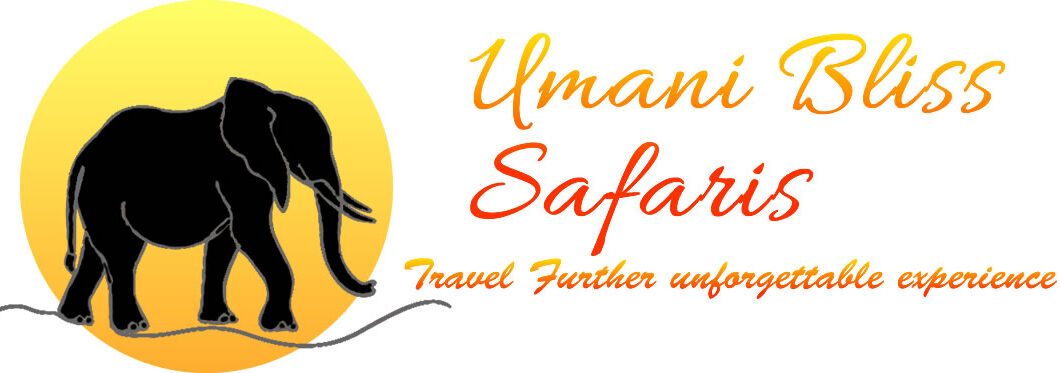
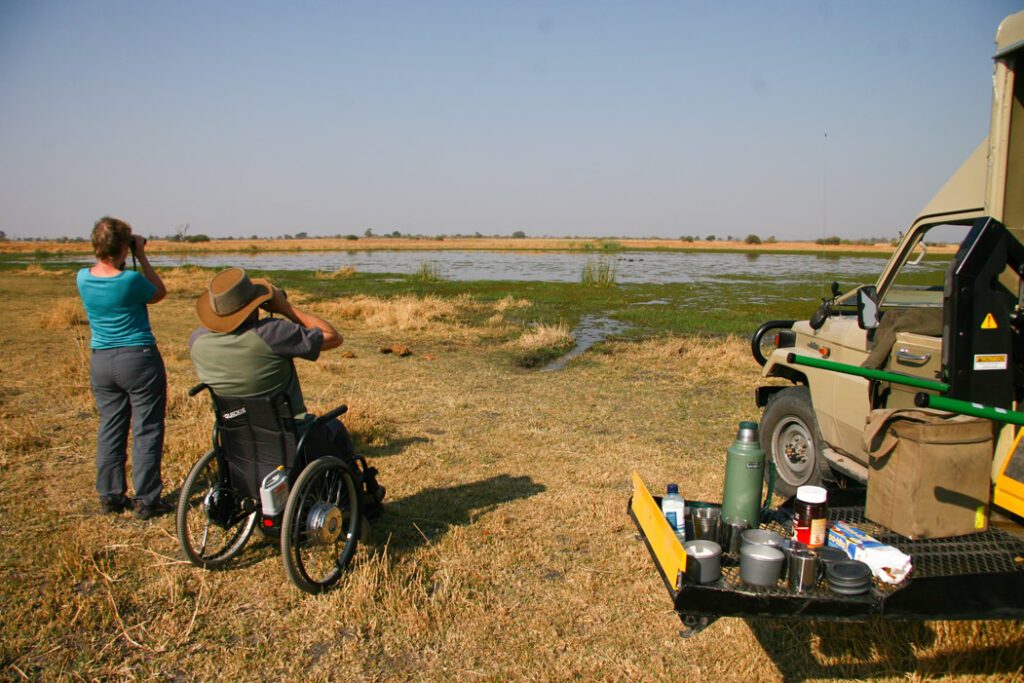
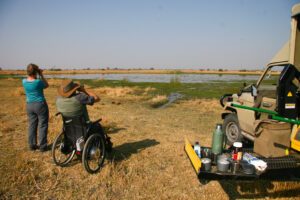
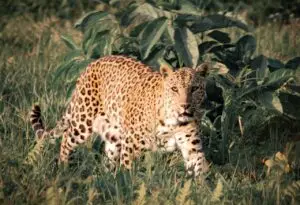
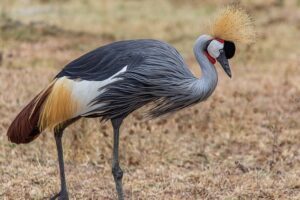
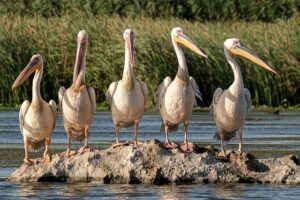
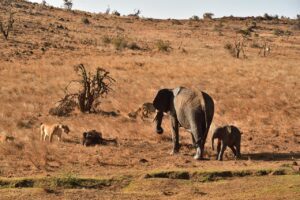

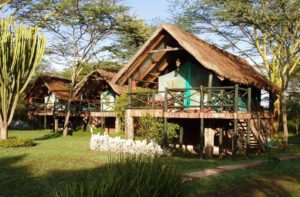
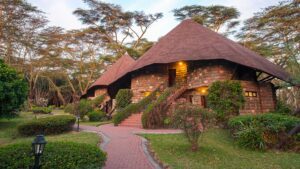
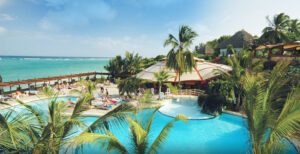

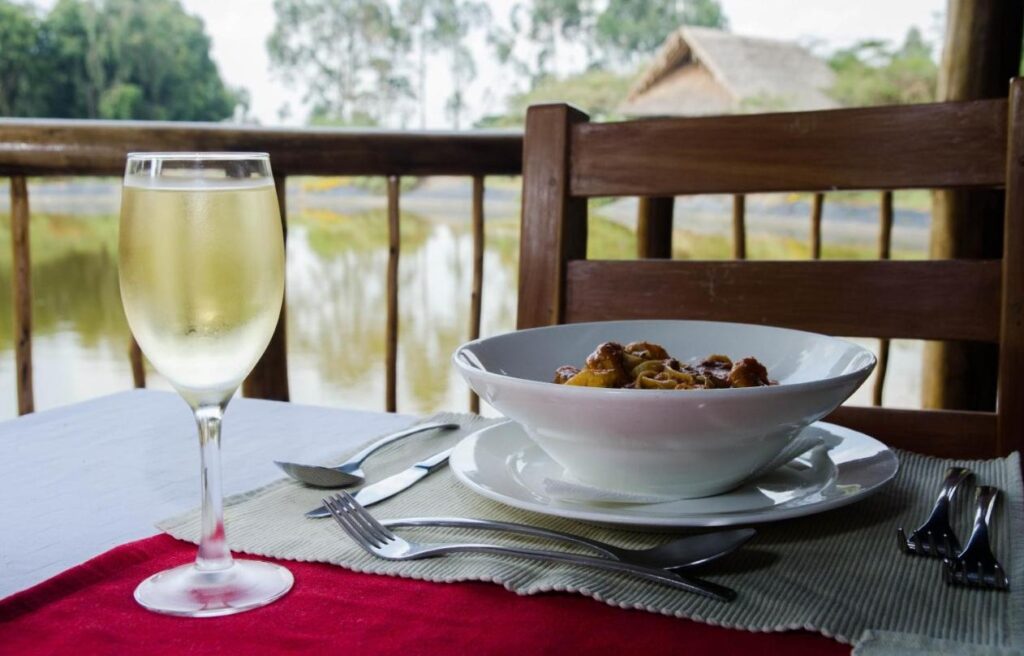
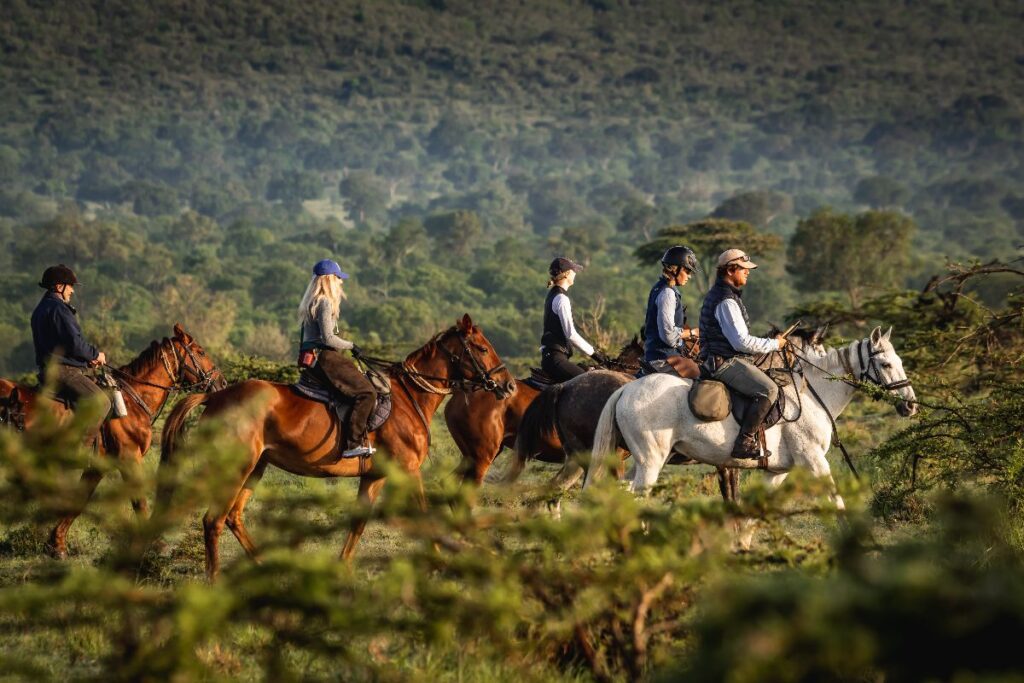
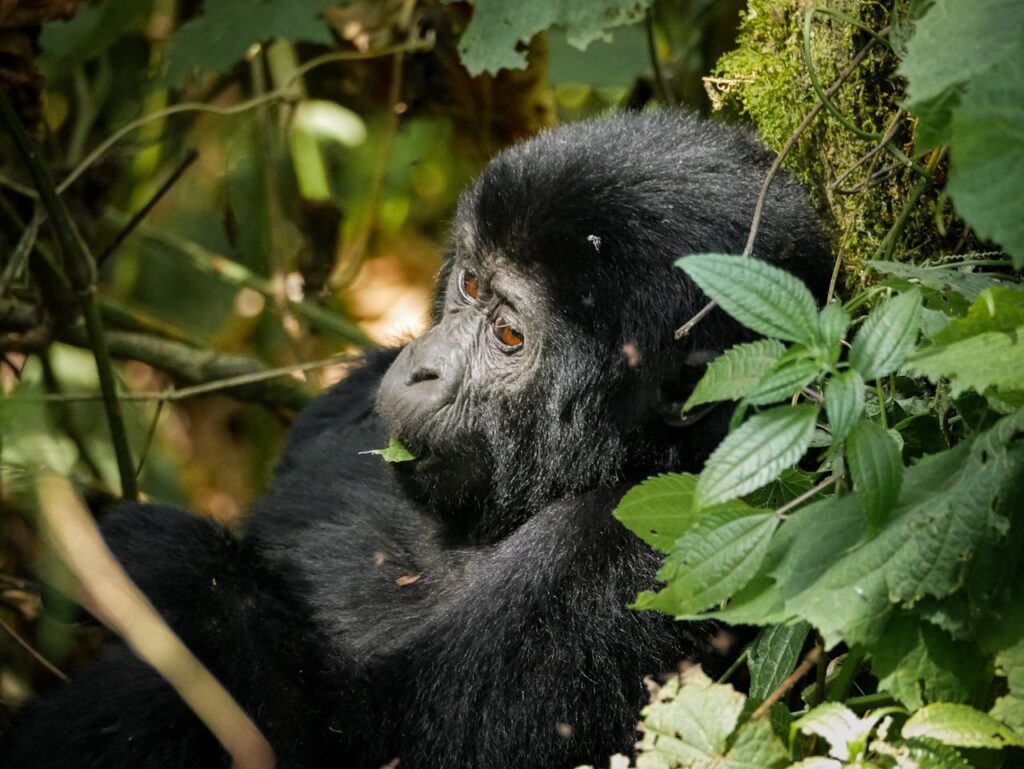
There are no reviews yet.